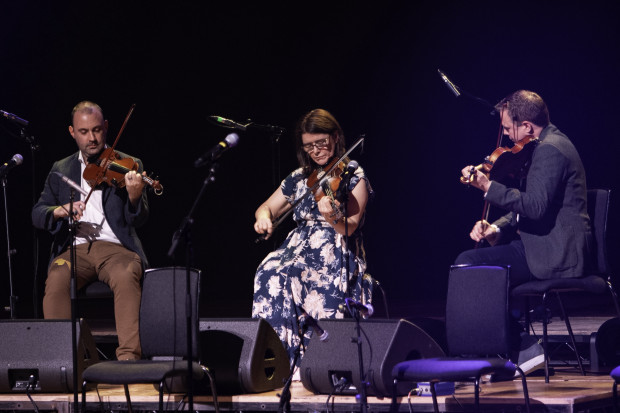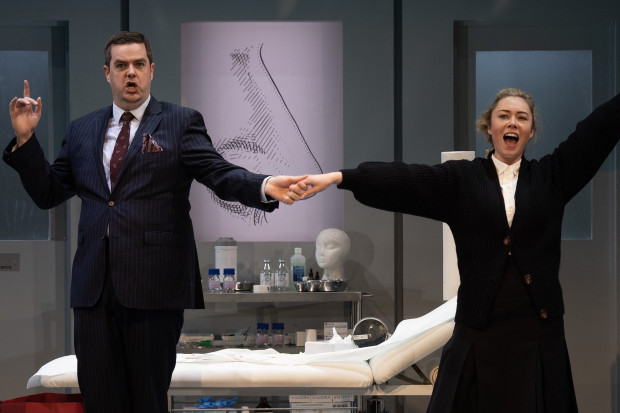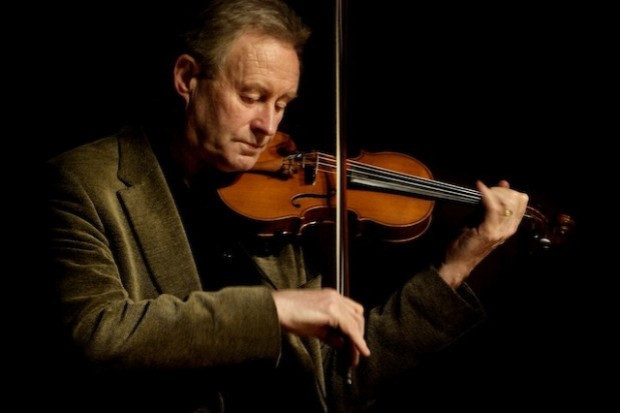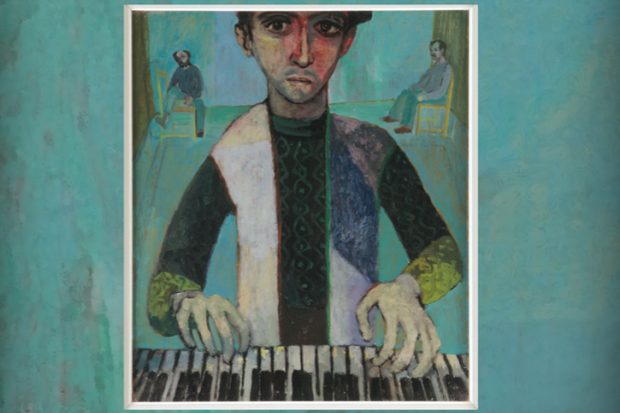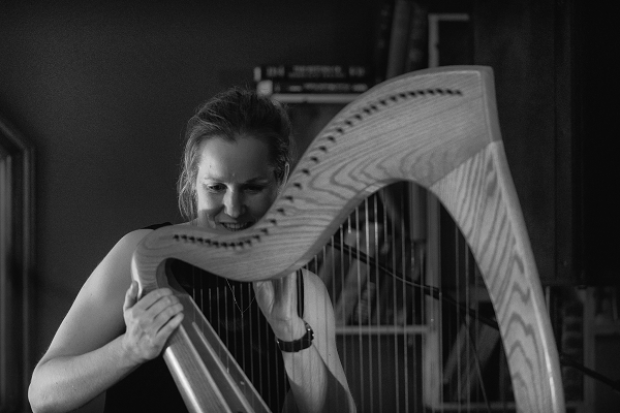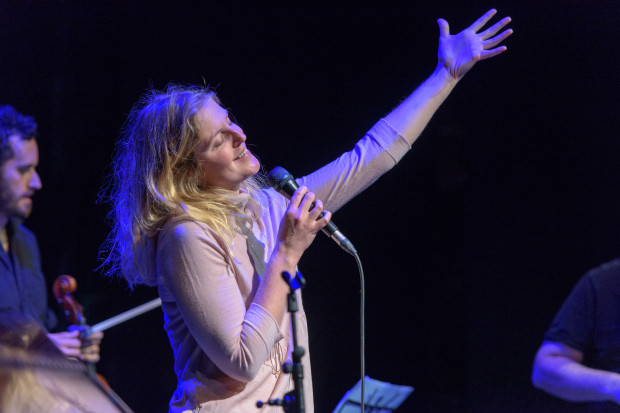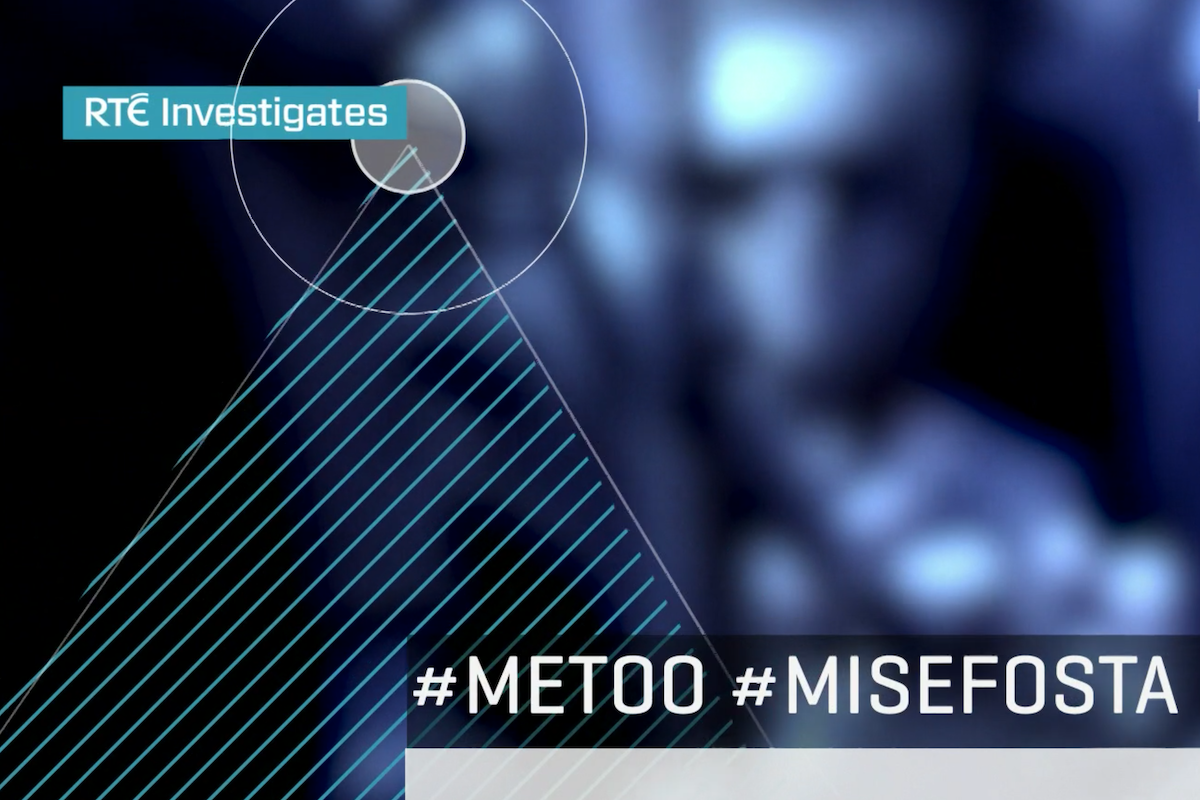
RTÉ Investigation Highlights Sexual Abuse in Irish Traditional Music
An RTÉ television investigation has highlighted the issue of sexual abuse, bullying and harassment in Irish traditional music. Broadcast yesterday evening (23 July), the report by Paul Murphy for the RTÉ Investigates programme told the stories of concertina player Éilis Murphy and accordion player Edel Ní Churraoin, and also referred to other incidents of sexual assault and harassment.
The programme comes after a number of social media posts appeared online recently that detailed issues of sexual abuse, often using the hashtag #MiseFosta, which means ‘me too’ in Ulster Irish.
Dr Karan Casey, singer and co-founder of the organisation Fair Plé, which was set up in 2018 to address gender balance in traditional and folk music, said during the RTÉ programme:
I think Mise Fosta actually has shown someone like myself how silenced my generation has been about these issues and I think they’re really brave and we owe them an awful lot… I think we all need to start having a genuine conversation about sexual assault and how it happens within the arts.
In the programme, Éilis Murphy describes how she was sexually assaulted after a gig when she was 18, and Edel Ní Churraoin describes a sexual assault at a festival when she was 15. Ní Churraoin said that ‘I felt that if I told somebody, I would have to stop going to sessions’. Murphy also told of an issue of sexual harassment and said: ‘It really does take a toll on you. Women just think: am I not a good enough musician for you to take me seriously?’
Dr Casey also spoke about the difficulty of addressing issues of sexual assault and harassment in traditional music:
I do think because of the lack of formal structures that, procedurally, it’s more difficult for a woman to report something, and indeed if it happens to a man as well, it’s more difficult to speak up and report the incident.
Research
Harper, researcher and composer Dr Úna Monaghan also contributed to the programme and described the difficulty for people in coming forward, saying that, ‘People felt that by coming out and speaking out about this that they were ruining something, that they were causing a scene, they were making a mess of something that was beautiful.’ She discussed her research into gender and traditional music, which was funded by the University of Cambridge. Her study gathered 121 stories related to gender and traditional music from 83 respondents, mainly women. 9% described a sexual assault and 13% told of sexual harassment.
At that time there was quite a lot of … people saying that we don’t see this, it’s not an issue… Or what you’re talking about is a professional problem… or what you are talking about is an historical issue. And I knew that none of those things were right.
ITMA statement
The Irish Traditional Music Archive issued a statement yesterday condemning abuse, bullying and harassment in the traditional music scene. The statement reads:
Recent allegations of sexual abuse and harassment within the Irish traditional music community, revealed through the Mise Fosta movement, are a subject of grave concern to the Irish Traditional Music Archive.
ITMA unequivocally condemns sexual abuse, bullying and harassment in any form within traditional music culture and practice and stands with all those women who have experienced and been traumatised by such behaviour in the traditional music community….
We commend the bravery of the women who, at some personal cost, have come forward with their individual accounts of abuse. They should be aware that their testimony has been of inestimable value to the traditional community. It has broken a taboo of silence maintained around the issue for many years. For this, we and the traditional music community owe them a debt of gratitude. It will now be possible to move forward and begin to create an environment in which sexual abuse, bullying and harassment can be eliminated in our community.
Watch the full programme here (the report starts at 22.34).
RTÉ Investigates has also published an article on the programme here.












